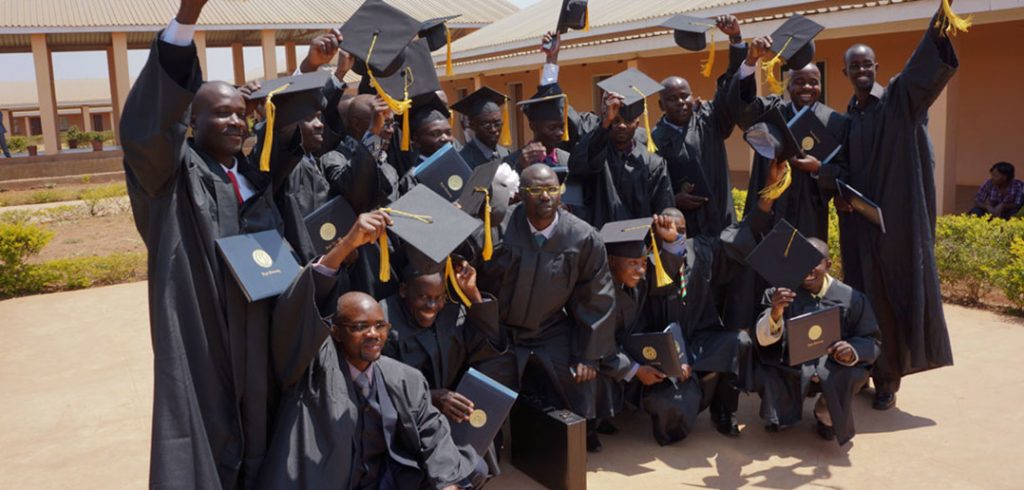For many around the globe online education is the only option at getting a higher education degree.
On Friday, Feb. 5 at 11:30 a.m. Cindy Bonfini-Hotlosz will discuss digital education being offered at refugee camps by Jesuit Commons: Higher Education at the Margins. The event, “Social Work @ the Margins” will take place at Lincoln Center’s South Lounge and is sponsored by the Graduate School of Social Service’s Online Faculty Group.
Bonfini-Hotlosz is the chief information officer at Jesuit Commons and was instrumental in helping Fordham with several of its online courses in her capacity as executive director of JesuitNET Global.
“Jesuits have a 450 year pedagogical model, so from the beginning we had to ask ‘What does that look like online?’” said Bonfini-Hotlosz.
Bonfini-Hotlosz used the same design methodology for the degrees offered at the refugee camps as in the JesuitNET degrees. Both are based on the Ignatian spiritual exercises: context, experience, reflection, action, and evaluation. She said that no matter the medium, teaching the whole person remains a Jesuit priority.
“Imagine a faculty member trying to teach empathy online,” she said.
She said Fordham a social work professor taught empathy online by asking students to write down a family secret on a piece of paper and hide it somewhere in their homes. A week later, she asked the students how often they thought about the piece of paper or worried that someone might find it. Bonfini-Hotlosz said the professor told the students that when a social work client reveals their secrets to them its very much the same feeling.
“This transcended the medium,” she said. “It moved the lesson from the computer into their real lives.”
About eight years ago, the Jesuit Commons began seeking to provide the Jesuit model of education to refugees in much the same manner. But the challenges extended beyond simply the computer screen. Bonfini-Hotlosz said setting up equipment sometimes required armed guards. There were also heartbreaking moments as well, such as when the group had set up a refugee education center in Syria for Iraqi refugees.
“We watched the country fall apart, and the people who worked for us are now in Amman, Jordan as refugees themselves,” she said.
She also said that the courses had to be refashioned from western courses in an American setting to become more appropriate to the refugees.
“We had a lesson that told students to go to Starbucks and observe two people and then write about it,” she said. “Of course there isn’t a Starbucks in a refugee camp, so in 2013 we set about creating a truly global curriculum. Now the context is set by the students. They bring their culture into the classroom.”
But at the end of the day, students are students, she said.
“What shocked me the most was how similar student were whether they’re refugees or not,” she said. “You ask a Fordham student what that want and they’ll tell you, ‘I want to do something meaningful.’ And if you go to the camps and ask students there they’ll say the same.”
“They’re students; that’s who they are.”

